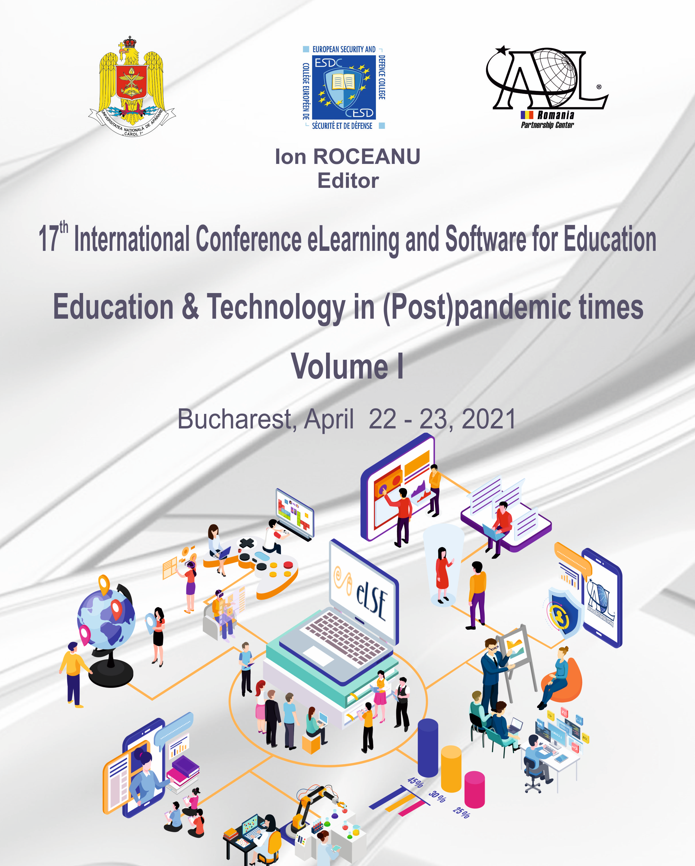DIDACTICS OF TRANSLATION IN THE CONTEXT OF E-LEARNING COURSES: APPROACHES AND PERSPECTIVES
DIDACTICS OF TRANSLATION IN THE CONTEXT OF E-LEARNING COURSES: APPROACHES AND PERSPECTIVES
Author(s): Svetlana LatyshevaSubject(s): Health and medicine and law, Philology, Translation Studies, Distance learning / e-learning, Pedagogy
Published by: Carol I National Defence University Publishing House
Keywords: translation didactics; E-learning course; LMS; MOODLE instrument; experience communication;
Summary/Abstract: The objective of the article is to discuss pedagogical approaches to translator training performed within the electronic educational space that connects instructors and students in pandemic times by means of E-learning courses. Having been removed from the classrooms, translation didactics has become more challenging because its traditional methodology includes shared experiences as a basis of instruction, best practices exchange, reciprocal learning and professional networking during the contact hours. Communication of obtained experience in translation is an essential part of translator training, and it involves all the stages of translation process: strategies of comprehending source texts, comparative discourse analysis, reflection on how translation decisions are made, and motivation in translation matches selection. Under these circumstances, the design of E-learning translation courses should be in compliance with the needs of students and instructors that go far beyond the traditional functions of learning management systems such as providing training materials and upload assignments. This work is a case study based on E-learning MOODLE courses developed for students of Irkutsk National Research Technical University pursuing undergraduate studies of translation for specific purposes. Initially, they were developed as additional implements to bolster students' classroom activities aimed mainly at assessing students' knowledge with tests, collecting and storing individual student or group assignments, and maintaining students' performance logs. After pandemic rethinking, it became necessary for them to meet a greater spectrum of pedagogical demands, so they were restructured. Based on this experience, the work outlines didactic models of translator training and their applicability to online mode of instruction, elaborates on the principles of translation E-Learning course design, describes the use of MOODLE instruments to perform the tasks of translation instruction, estimates their effectiveness, and suggest perspectives for further research.
Journal: Conference proceedings of »eLearning and Software for Education« (eLSE)
- Issue Year: 17/2021
- Issue No: 01
- Page Range: 188-194
- Page Count: 7
- Language: English

